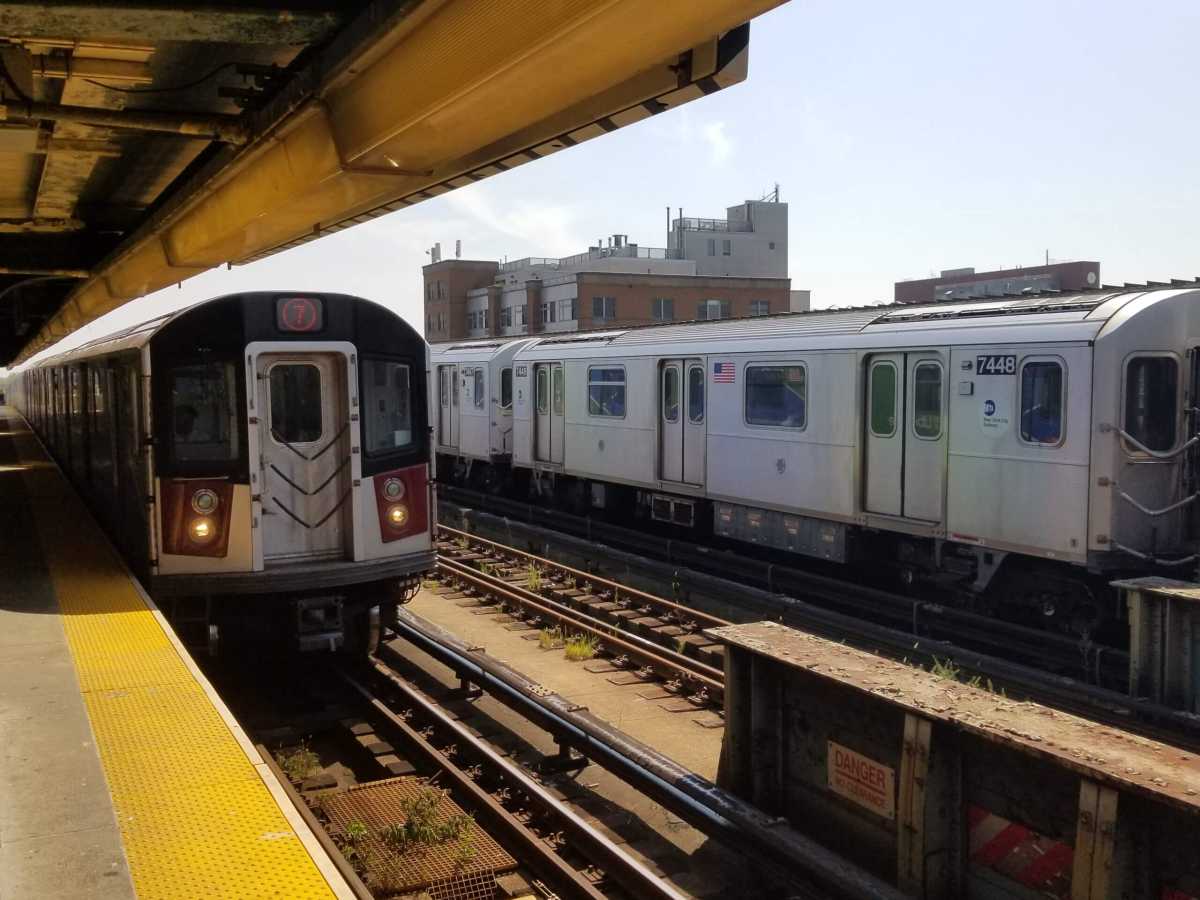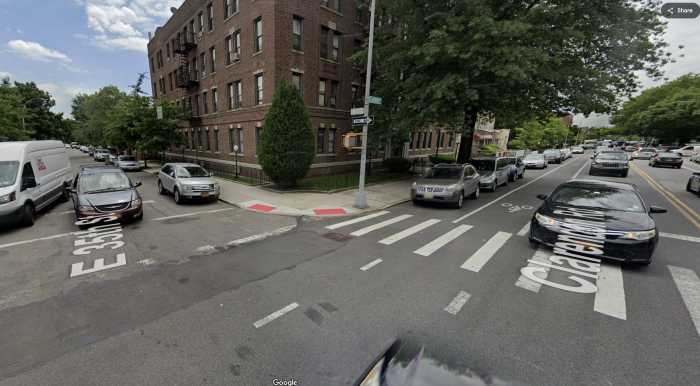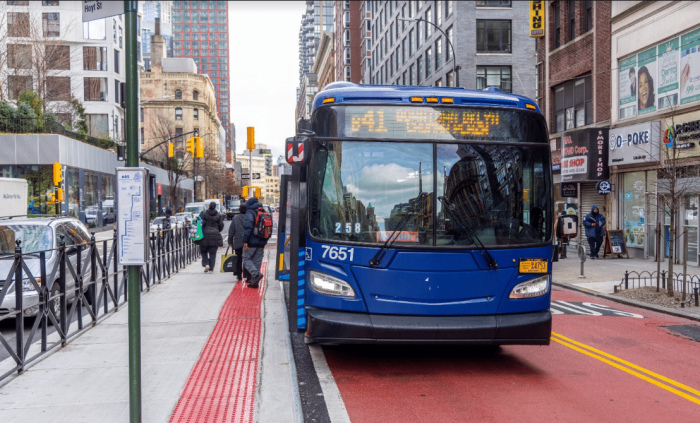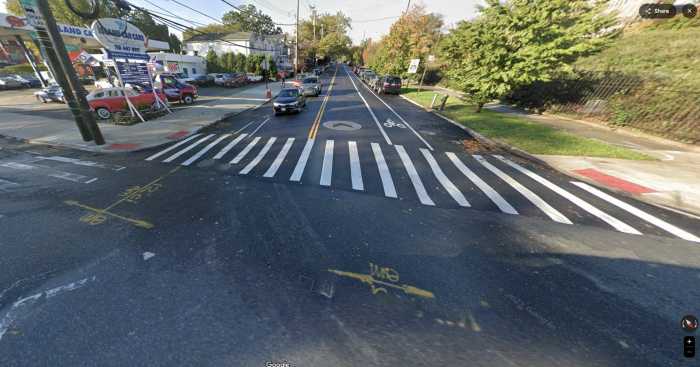Two New York political leaders abruptly vetoed the MTA’s $68 billion budget to fix mass transit.
Although the MTA Board approved the five-year spending plan on Sept. 25, state Senate Majority Leader Andrea Stewart-Cousins and Assembly Speaker Carl Heastie sent the MTA a rejection letter on Christmas Eve, just a day before the plan would have been approved, according to Gothamist.
amNewYork Metro reached out multiple times to both Stewart-Cousins and Heastie to ask why they vetoed the plan but did not get a response.
Both politicians hold two of four seats on the MTA Capital Plan Review Board (CPRB), a group that must approve the agency’s construction plans.
The move marks another setback for the MTA after Gov. Kathy Hochul put a five-month pause on congestion pricing this year, only to lift it on Nov. 18. Congestion pricing goes into effect in NYC on Jan. 5, 2025.
The MTA overwhelmingly approved the multi-billion dollar capital plan by a vote of 10 to 0 on Sept. 25 and submitted it to the CPRB on Oct. 1, as required by New York law. Even though MTA officials held breifings, over 100 meetings and hosted open houses for the public about the budget plan since then, Stewart-Cousins and Heastie have remained quiet until now.
John McCarthy, MTA chief of policy and external relations, remained “optimistic” despite the last-minute veto.
“This capital program was grounded in our 20 Year Needs Assessment, and we haven’t heard any concerns or objections from the legislature since it was approved by the MTA Board in September,” he said. “It will unlock dozens of transformative projects, many of which are funded and ready to go on Jan. 1. We remain optimistic that the legislature will join the governor in supporting safer, more reliable, and expanded transit.”

Avi Small, a spokesperson for the governor, said the MTA laid out a “comprehensive plan” to improve subway service, support suburban commuter rail, improve safety, crack down on fare evasion, and fund new projects like the Interborough Express, a public transit option that would connect Brooklyn and Queens.
“Now that the legislature has raised these objections to the capital plan, we look forward to seeing their recommendations on which of these projects should be deprioritized and which revenue streams they are willing to propose,” Small wrote in a statement to amNew York Metro.
Throughout 2024, the MTA touted major upgrade and improvement projects for the city’s transit system. These projects include investments in subway accessibility, stations and modern fare gates.
Critical structure repairs are also on the list. New Yorkers do not need a reminder of the severe train delay in Brooklyn on Dec. 11 that left thousands of subway riders stranded underground after a power failure during the evening rush hour.
It is unclear right now what the future will hold for some of these projects or which will take priority within the budget, but according to MTA officials, this could make obtaining federal funding more difficult and unpredictable.





































